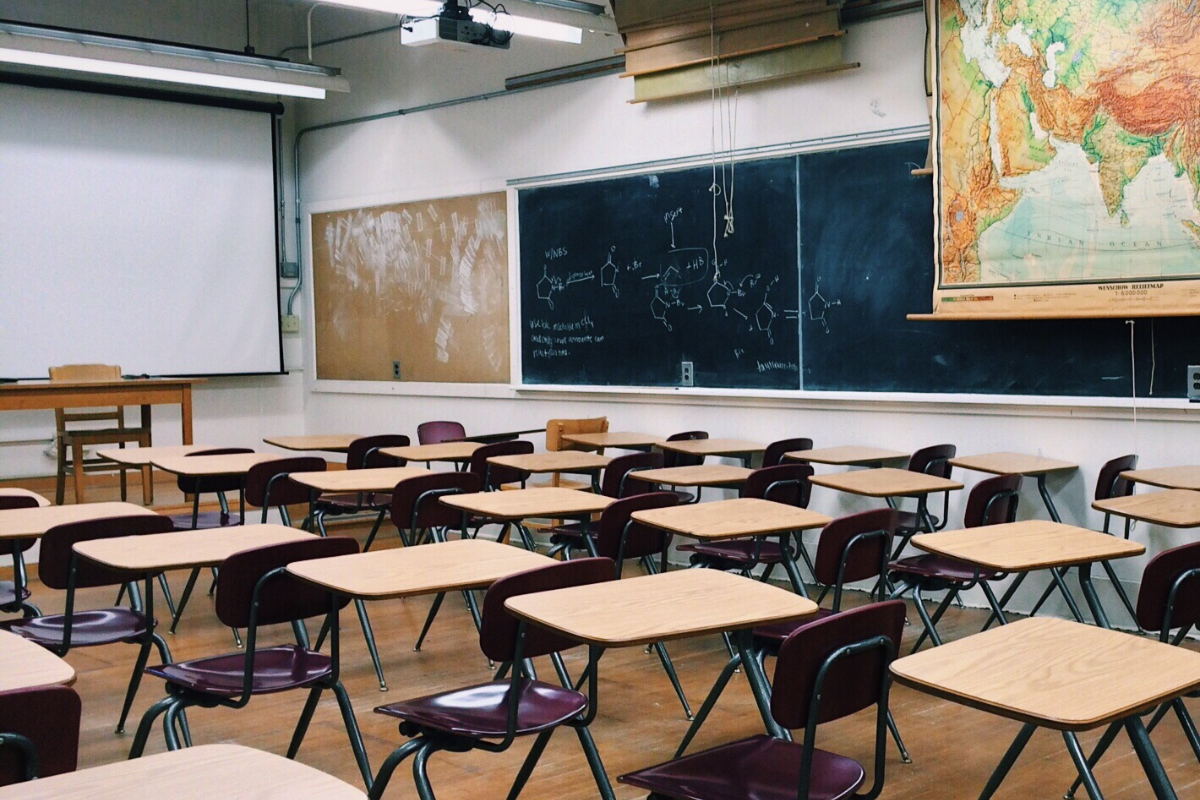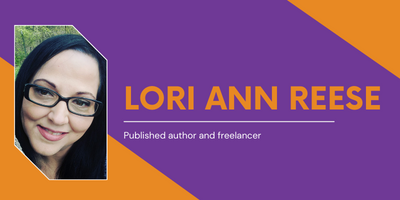Photo by sasirin pamai
Using Medical Cannabis to Treat Children with Disabilities
Medical cannabis is a legalized treatment option in thirty-seven states. Parents and legal guardians work with healthcare providers to create a treatment plan for children with cognitive, behavioral, and physical disabilities.
Naturally, there are concerns as a parent. However, special laws improve safety for minors authorized for medical cannabis. If you are ready to investigate this path for your child, there are a few things your family address first:
1. What Kind of Health Conditions May Qualify a Child for Medical Cannabis?
The Food and Drug Administration (FDA) recently approved the first cannabis-derived prescription medication for epilepsy. In 2020, Epidiolex was approved to treat two forms of childhood epilepsy: Lennox-Gastaut Syndrome (LGS) and Dravet Syndrome (DS).
In addition to epilepsy, some of the most common symptoms and mental health conditions that may be treated with low-THC medical cannabis include:
- Tourette’s Syndrome
- Seizure disorders
- Chronic pain
- Obsessive-Compulsive Disorder (OCD)
- Multiple Sclerosis (MS)
- Neurodegenerative diseases

Many states allow physicians to refer a minor for cannabis therapeutics for any condition at the practitioner’s discretion. Parents can petition the state cannabis program for an exception for children with disabilities.
2. How TO APPLY FOR a Medical Card on Behalf of a Child with Disabilities?
Some medical conditions are treatment-resistant. That means all other conventional methods of treating debilitating symptoms have not been successful. The process can involve years of trying different therapies without success.
Below are the steps parents should undertake to determine whether the child has a qualifying health condition for treating a disability with cannabis:
Does your child’s diagnosis qualify in your state? Each state provides a list of specific diagnoses. In some states, minors must be diagnosed by the primary care provider and a pediatric specialist.
Is the child or minor registered as a patient in the state medical program? Once a physician has approved the child, the next step is to register the child in the state medical cannabis program. This requires an application directly to the cannabis program and an annual fee.
Who will be the designated caregiver? During the registration process, parents will be asked to designate a caregiver. The caregiver will assist with purchasing, monitoring, and administering cannabis according to the medical treatment plan.
What must you do to become a medical cannabis caregiver?
- Be twenty-one (21) years or older.
- Prove you are the legal guardian or parent of the child.
- Pass a criminal background check.
Some states allow for more than one caregiver per minor. This can help accommodate families co-parenting with shared custody of the child—allowing for seamless care of the child when they reside in two households.
3. Can My Child Receive a Dose of Cannabis on School Property?
As a federally prohibited drug, schools do not permit medical cannabis onsite. Families can manage scheduled doses by coordinating break times with the school. The low-THC types of cannabis include tinctures (drops), capsules, or tablets. And they are easy for parents to administer.
Have a conversation with your primary care provider (PCP) or pediatrician about medical cannabis. If prescription medications have not provided relief for children with disabilities, cannabis may be an effective alternative.
3. Can My Child Receive a Dose of Cannabis on School Property?
As a federally prohibited drug, schools do not permit medical cannabis onsite. Families can manage scheduled doses by coordinating break times with the school. The low-THC types of medical cannabis include tinctures (drops), capsules, or tablets. And they are easy for parents to administer.

Have a conversation with your primary care provider (PCP) or pediatrician about medical cannabis. If prescription medications have not provided relief for children with disabilities, medical cannabis may be an effective alternative.
MindWorks Collaborative would love to invite you to learn more about using medical cannabis to treat children with disabilities. Join future conversations on this topic by signing up for our community of justice-driven special educators here and sign up to get alerts for our next roundtable.



Recent Comments